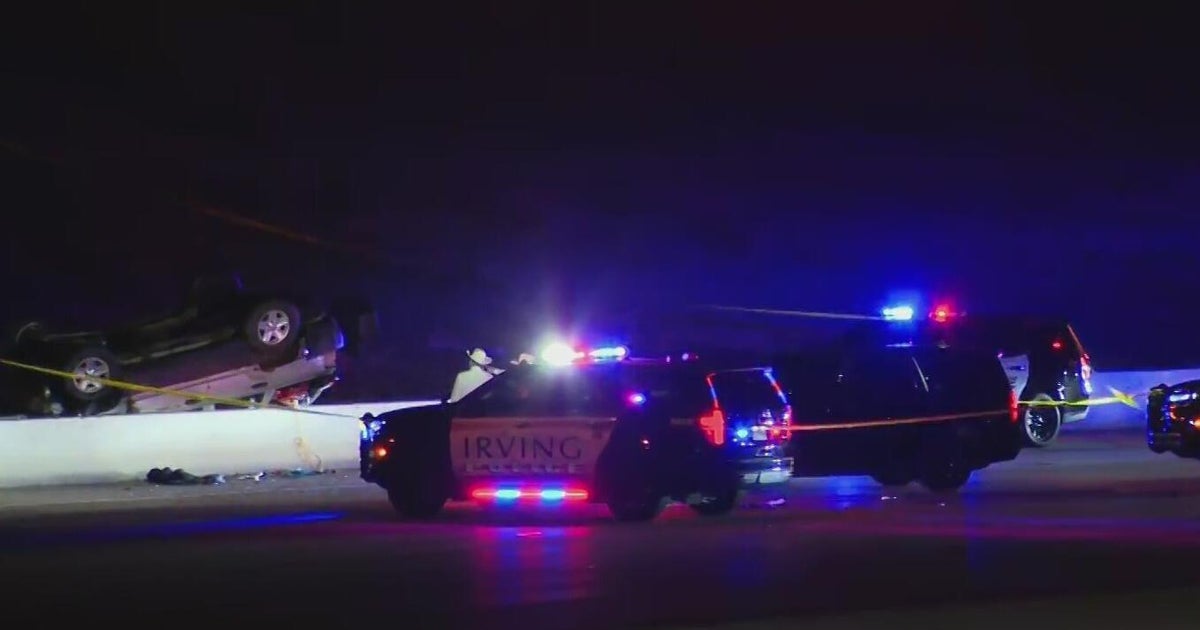So many people are filing for unemployment, it's crashing government websites
As the coronavirus pandemic shuts down business across the county, a surge in newly laid off workers is crashing states' unemployment websites.
- In Ohio, more than 48,000 people applied for jobless benefits during the first two days of this week — 26 times the amount from the week before.
- In neighboring Pennsylvania, about 70,000 people sought unemployment aid in a single day — six times the total for the entire previous week.
- In Kentucky, the state's unemployment assistance site and phone lines went down amid a fourfold surge in applications.
- Oregon's unemployment website went down on Monday, just as the state's governor was announcing a closure of bars and restaurants.
- New York State on Tuesday received 21,000 calls from people asking about unemployment benefits — a tenfold increase from the week before. Website visits tripled, periodically crashing the system.
Genna Guglietta said she spent two days trying to apply for unemployment benefits in New York. "The first night I couldn't even get past logging in," she told CBS MoneyWatch.
Guglietta waits tables at a restaurant in Hudson, New York, and lost her job when the restaurant closed its doors to comply with a statewide ban on eat-in dining. Her boyfriend, a sous chef at the same restaurant, was laid off, too.
On Tuesday, she was finally able to file for benefits, giving her "a bit of relief" but adding fresh worries. "I have no idea how much I'll be receiving," Guglietta said.
In a typical month, the $1,825 she spends on rent, utilities and car payments takes up about half her paycheck. Her landlord has discounted her rent for the time being, she said, but she's waiting to see if she can cover her bills.
The full scale of layoffs from coronavirus is not yet known. Some 4 million hospitality workers could lose their jobs this summer, according to an estimate from the outplacement firm Challenger Gray and Christmas. The Economic Policy Institute estimates 3 million laid-off workers by this summer. The Travel Industry Association estimates 4.6 million workers in that field alone will lose their jobs this year.
The number of workers filing for unemployment could exceed the 660,000 a week reached during the Great Recession and even the 695,000 hit during the recession of 1982, said Joe Brusuelas, chief economist at RSM, a global accounting consultancy.
"Given the three shocks—supply, demand, and financial—that are cascading in the real economy as we speak, we are likely to exceed the all-time high sometime in next two months," Brusuelas said.
The federal government is scheduled to release unemployment claims data on Thursday, but that number is likely to be incomplete. Because unemployment insurance is handled by states, which set their own procedures, it can take anywhere from two to four weeks for that information to be reported and collected into federal data.
"There's not one uniform rule that frames how somebody applies, and how long it takes to get them a check. It's all done 50 different ways," Brusuelas said. "This is going to be a rolling exercise in estimating the damage to the labor market due to the crisis."
According to a Marist poll conducted late last week, nearly 1 in 5 workers reported that someone in their household has lost their job or had their hours cut.
Already, some states are raising concerns about having enough money stockpiled since the last recession to tide over laid-off workers until the crisis ends. Some fear the demand for help could outpace the states' ability to pay claims, the Associated Press reports.
"Our unemployment insurance fund is getting hit pretty hard right now," Rhode Island Governor Gina Raimondo told the AP. In that state, coronavirus-related jobless claims went from zero to nearly 18,000 in a single week.
Raimondo, a Democrat, told the AP the state already needed to start replenishing its fund and is appealing for help from the federal government, which she said needed to "step up."
Minnesota, meanwhile, is preparing for the largest unemployment payout in the state's history, Twin City Business Journal reported.
"We have had these unemployment crises in the past, and the government has learned to respond to them effectively. But this is not just an unemployment crisis, it's a social crisis," said Michael Merrill, a labor historian at the Rutgers School of Management and Labor Relations in New Jersey.
Merrill is one of many calling for the government to go beyond sending Americans checks: He's asking for a large-scale mobilization of laid-off workers — akin to that during the Great Depression. He pointed to reports that the Trump administration was planning for the pandemic to last as long as 18 months.
"A $2,000 check isn't going to do it. It's a help, but it's a very short-term plan," he said. "It isn't just an economic panic. It's a war that requires total mobilization."
With reporting by the Associated Press.



